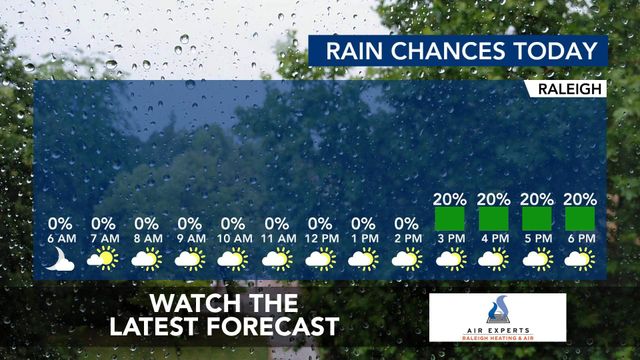NC FAST backlogs cost NC $21M and counting

Leaders of the Department of Health and Human Services said Thursday that problems with the state's new benefit system, NC FAST, have cost about $21 million to address – and that figure may be just the beginning.
At a DHHS legislative oversight hearing, state Division of Social Services director Wayne Black said counties across the state have spent about $14 million on additional staff, overtime pay and upgrades to equipment and bandwidth needed to deal with the state's recent backlog in its food stamp program.
DHHS Secretary Aldona Wos added that the state has spent an additional $7 million providing support and staff to struggling counties.
During the hearing, agency leaders said the chief challenge facing the NC FAST program is workload.
According to DHHS Chief Information Officer Joe Cooper, over the past five fiscal years, the food stamp caseload has ballooned by 75 percent, and the Medicaid caseload has grown 24 percent. Staffing in county DSS offices, however, increased by only 27 percent for food stamp services and by an anemic 4 percent for Medicaid.
Cooper said the problems with NC FAST are only "10 percent technology." The main issue, he said, is counties' difficulties at managing the changes in business process.
But NC FAST acting director Angela Taylor later told reporters the Affordable Care Act is to blame for the backlog and the added expense needed to clear it. She said the federal health care law required the state to add a Medicaid module to NC FAST on July 15, 2013, well before the state had planned to add it to the new benefits system.
"If you talk to a lot of the counties, they will tell you: before July 15th, they were doing very well. Things were running smoothly," Taylor said. "But when we had to put the new module in on top of that, it changed some of their screens and how that system was functioning."
While the food stamp backlog has mostly been cleared, an even larger backlog is looming. Acting Medicaid Director Sandy Terrell warned lawmakers that nearly 86,000 Medicaid applications are delayed beyond federal processing timelines.
Of the 85,854 delayed Medicaid applications, Terrell said, 26,057 had come in via HealthCare.gov, the online enrollment marketplace for the Affordable Care Act.
Another 30,957 are delayed, she said, because of new federal rules for Medicaid eligibility, known as Modified Adjusted Gross Income.
An additional 18,978 applications are delayed in NC FAST, Terrell said, and 8,098 are delayed in the state's older Medicaid system, EIS, which is still being used in most counties to process most Medicaid applications and re-certifications.
Overall, Terrell said, the state has received 95,000 Medicaid applications, representing 132,000 people, via the Affordable Care Act since October, and that number is likely to grow.
"We do not know from the Centers for (Medicare and) Medicaid Services and will not know for some time how many applications they got in the rush at the end of the enrollment period," she warned. "Expect a significant number."
The surge of new Medicaid applicants, known as "woodworking," was expected as people signing up for insurance discovered that they're eligible for the federal program. But Rep. Jim Fulghum, R-Wake, expressed concern that the numbers may be higher than budgeted for.
"This just does not seem like its very affordable," said Sen. Tommy Tucker, R-Union. "I think we’re going to find out the federal government cannot take over one-sixth of our economy and do it very well, and I regret the burden that it’s placing on a department such as yours."









